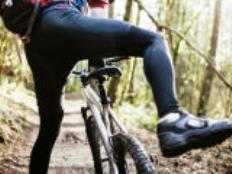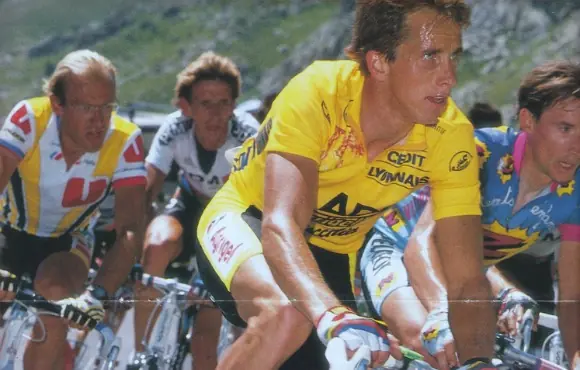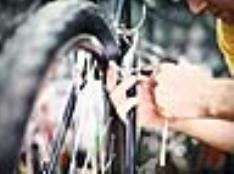Now it's time for another market correction, because too many well-intentioned active people are stressing their bodies and wrecking their workouts and recovery by skimping on this essential macronutrient.
We're not talking about going back to the days when you chased a heaping plate of spaghetti with a few dinner rolls because you had a 50-mile ride the next day. That was overkill. Instead, we mean eating in a balanced way that gives your body all the nutrients it needs to perform.
"Glucose from carbohydrates is the fuel your brain uses to produce energy," says nutrition and fitness coach Rick Kattouf, OD, founder of TeamKattouf coaching in Greenville, South Carolina. "It's also your body's preferred fuel source for exercise, especially if you want to ride hard and fast or for long distances."
RELATED: The 5 Most Crucial Carbohydrate Questions Answered
Iñigo San Millán, PhD, of the University of Colorado Sports Medicine and Performance Center in Boulder, puts it this way: "Glycogen is gold, and you need carbohydrates for optimum glycogen storage."
Here's what they'd both like you to know about carbs:
Read the original article on Bicycling.com.
They Burn Fat
1 of 6
Carbohydrates not only provide fuel for your hard-working muscles, but they also enable fat metabolism. "Always keep in mind that fat burns in a carbohydrate flame," Kattouf says. The process your body uses to convert fat molecules into energy for burning requires glycogen. If you have no stored carbs on board, it will dive into your protein (aka your muscle tissue) to make a glucose in a process called gluconeogenesis. It's better to fuel your body—and your rides—with carbohydrates than to essentially force your body to, as San Millán puts it "eat itself to fuel itself."
Find:
Cycling EventsThey Help Regulate Muscle Contraction
2 of 6
Glycogen, which again is stored carbohydrates, also regulates muscle calcium function, which you need for muscle contraction. So when glycogen/glucose levels decline, so does your power output, San Millán says.
Find:
Cycling EventsCarb-Cutting Weight Loss Is Temporary—and Mostly Water
3 of 6
People lose weight quickly when they cut out carbs, but it's mostly water weight. Each gram of carbohydrates stores with three to four grams of water. When you shed the carbs, the water is squeezed out of your muscles as well as your liver—so you lose pounds, but not fat. "Depriving your brain of carbs and sugar also leads to binging and out-of-control cheat days," Kattouf says. "People inevitably gain all the weight back and then some."
Find:
Cycling EventsVegetables Alone Don't Cut It
4 of 6
Yes, you can get some carbohydrates from vegetables, but they are not a good carb source. "You need vegetables to feed your body healthy nutrients, but they're not sufficient for fueling your body," Kattouf says. "Someone will say, 'I ate my broccoli, so I'm good,' but they don't realize that there are only 5.8 grams of carbohydrates in a cup of broccoli. That would be like eating a slice of whole grain bread for your protein. Yes it has a few grams of protein, but it's not enough to serve your needs." So eat the bread, the pasta, the rice, the quinoa, the potatoes—that's what's going to load and reload your liver and muscle glycogen stores to fuel your rides.
Find:
Cycling EventsThe More You Move, the More You Need
5 of 6
How much carbohydrate you need depends on your activity level. When you're not riding a lot, you don't need much. When you're putting in miles, you need more. The following chart can help you plan your fueling. (Each gram of carbohydrate provides four calories of energy.)
Exercise Level Recommended Daily Carbohydrate:
Low <1 hour a day? 1.5-2.5 grams per lb. of body weight
Moderate (~1 hr./day) 2.3-3.2 g/lb
Active (1-3 hrs./day) 2.5-4.5 g/lb
High Active (>4-5 hrs./day) 3.5-5.5 g/lb






Discuss This Article